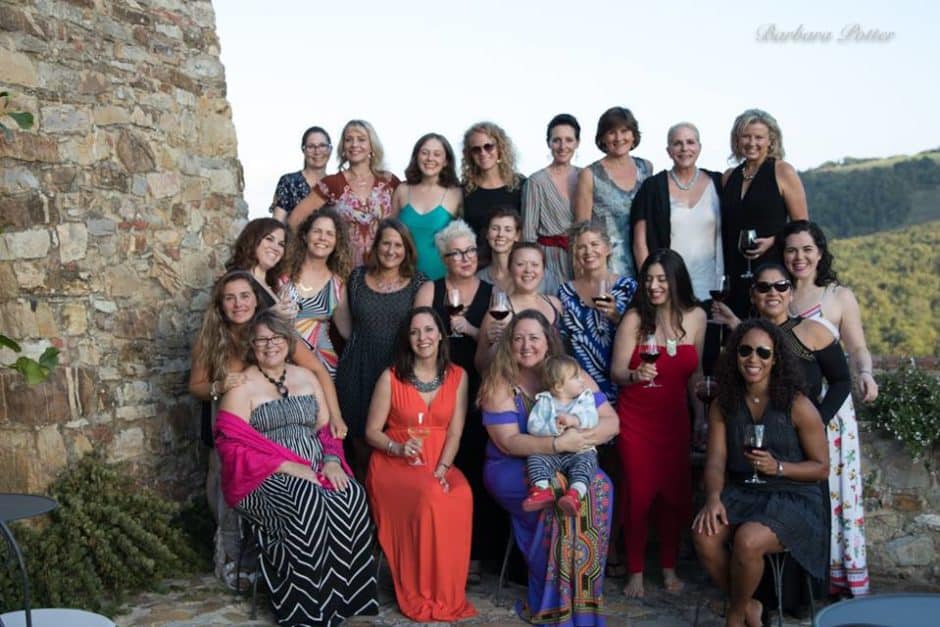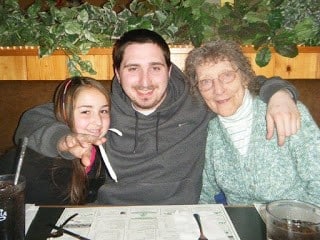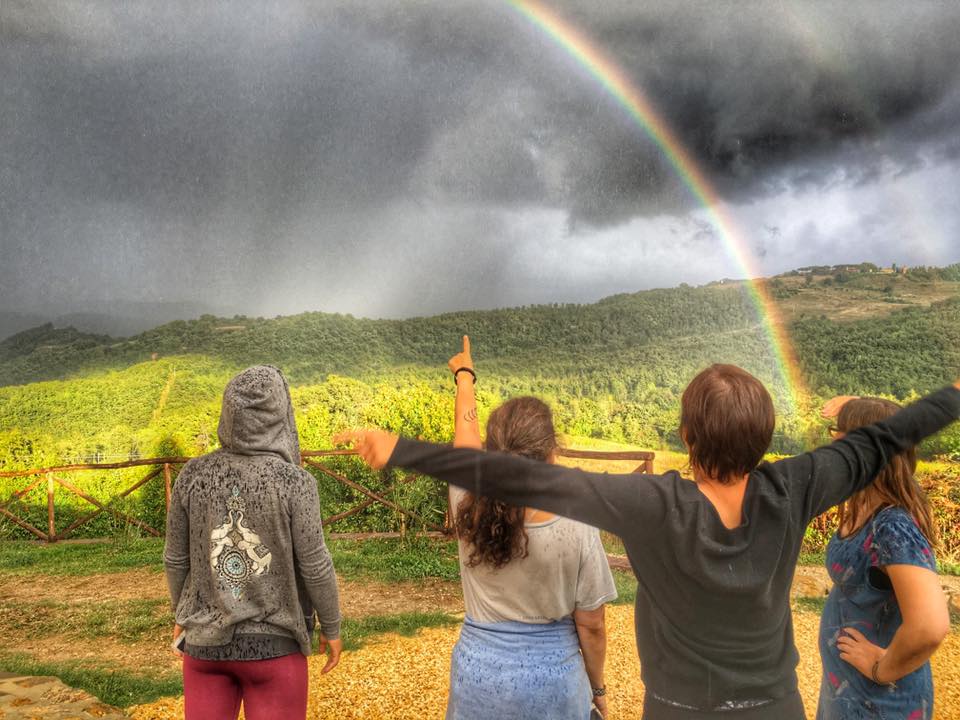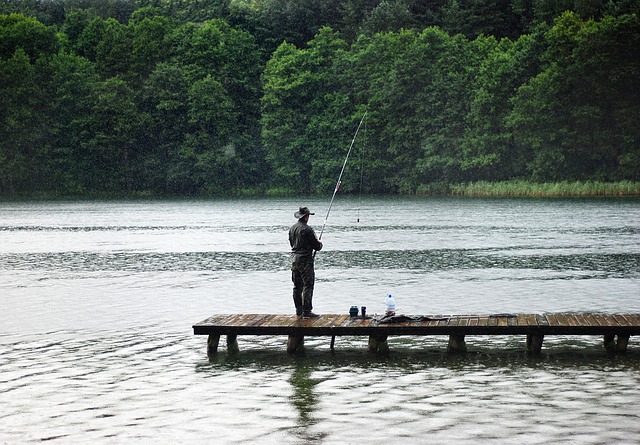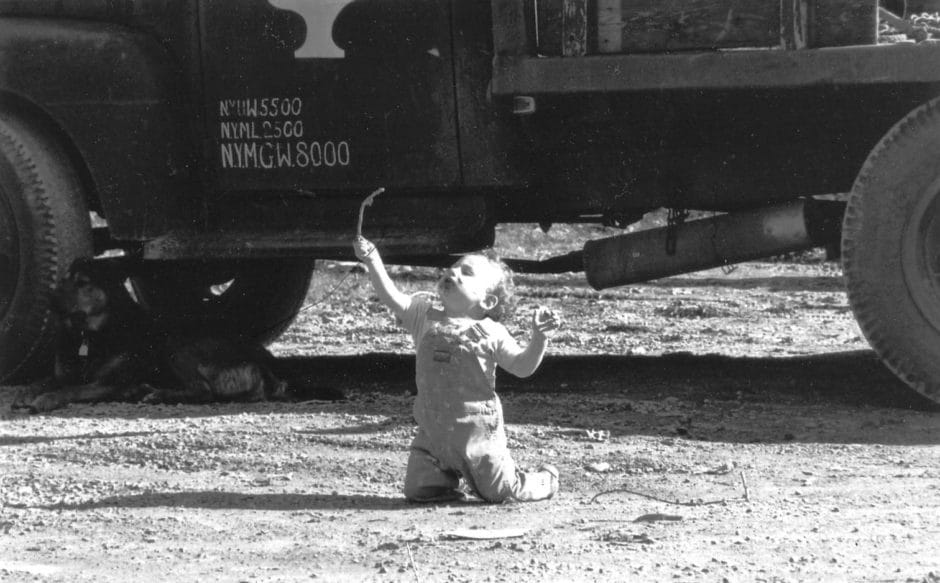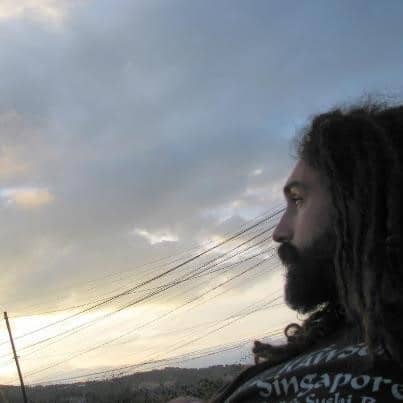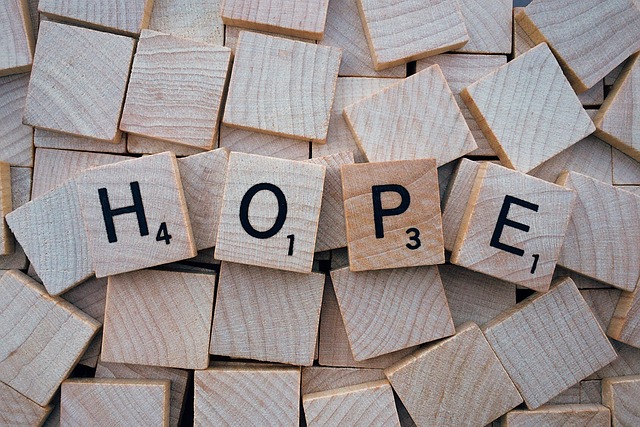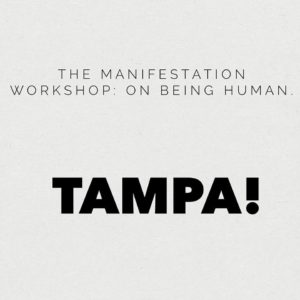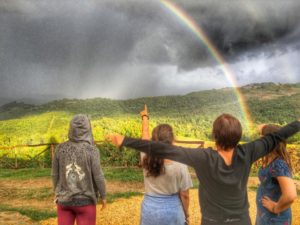By Dannielle Gallagher
To my Sweet Baby Girl, Poppy:
The minute I discovered I was pregnant I knew you were girl, just like I knew we would be the best of friends – that is after you outgrew some of that fire you inherited from your Daddy. I knew I loved you more than I ever thought possible, all before you were the size of a pea. I knew that you would grow to be brave and strong and determined. I knew that you would grow to also “know” things in that same deep down way that I sometimes do. I felt that about us, that we belonged to each other, right from the very start.
What I didn’t know, was as you grew inside my belly (and my heart) you were sick. You see as you were growing, your tiny heart didn’t form quite right. There was a little valve inside it that wouldn’t close, so as you grew from a tiny seed into our beautiful little Poppy, your heart became too large to fit into your chest, it expanded to squash the organs that would make it possible for you to ever take a breath. Your official diagnosis took up most of a page, it started with your heart, compounded with a series of devastating complications, and ended with three serious looking specialists in an ultrasound room, telling us that your condition was “not compatible with life.” Those words will haunt me, always. The moment I learned that I wouldn’t get to watch you grow into the extraordinary woman I dreamed of, was excruciating. It was also only just the beginning of my heartache. Your diagnosis also came with a recommendation of medical termination.
I won’t say I didn’t have a choice, because I did, but ultimately every option I was presented with still ended in your death. So I picked the option that sucked the least, the one that I thought I could best live with. I made the decision to love you enough to let you go in peace, surrounded by those who love you most in this world. It wasn’t a choice I wanted to make, but I made it, because sometimes being a Mother means doing what is best for your child, even though it breaks your heart to do it. I want you to know that If I could have chosen to have you live a healthy and full life, I would have given everything to give you that. Its devastating to know that even with all of the medical miracles we have in this day and age, there wasn’t a miracle big enough to save you.


